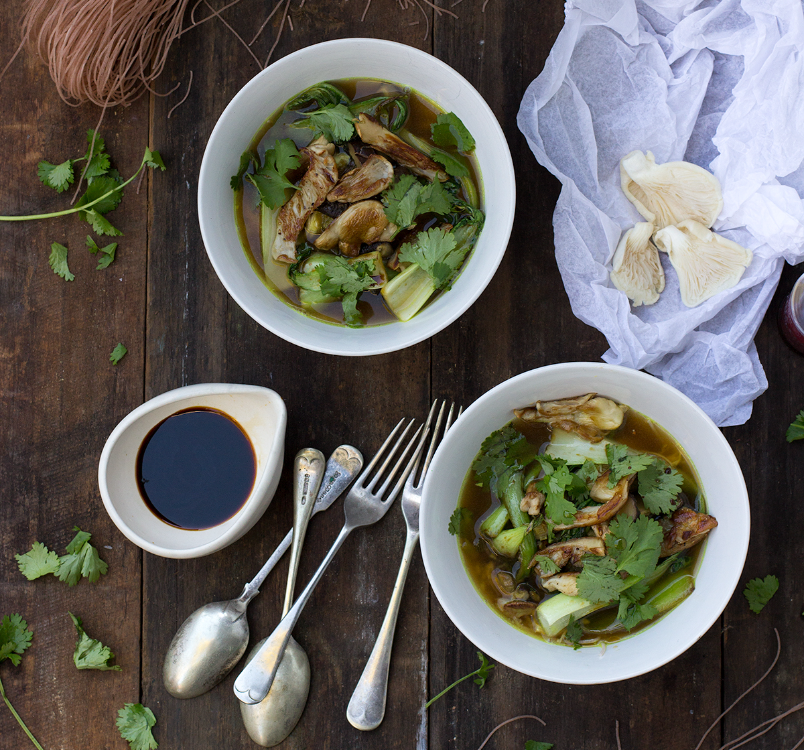Exposure to wildfire smoke can heavily affect the Lungs and immune system. You may be experiencing fatigue, congestion, burning eyes, laboured breathing, an increase in asthma symptoms, headaches, runny nose, phlegm and/or a sore throat.
Support the Lungs
In Chinese Medicine, the Lungs are the most ‘external’ of the Yin organs; they are the connection between the body and the outside world. They also are responsible for the circulation of Lung Qi, respiration and the circulation of Wei Qi, which roughly translates to the surface immunity that runs along the surface of the skin. So naturally, this is the organ system we want to primarily focus on.
Tonic Herbs
The tonic herbs that support Lung Qi include our QI Blend, Astragalus, Cordyceps and Tremella. Medicinal mushrooms in general will be very supportive for you at this time as they tonify Qi within the body, as well as support immune system function. As we mentioned earlier, exposure to low-quality air and smoke can impair immune function making you more susceptible to infection.
It’s also important to support your detoxification pathways so work with herbs that support Liver function such as Schisandra (this herb gets extra points because it also supports the Lungs).
Foods to include and avoid
Depending on your constitution and potential symptoms, you also want to be focusing on cooling and moistening foods and herbs that will counteract any level of Lung Yin deficiency and Heat if you are experiencing dryness. Some foods that can nourish and moisten the Lungs and mucus membranes of the body include grass-fed ghee, coconut oil, olive oil, pears, pumpkin, squash, apples and seaweed. Prioritise moistening meals such as slow-cooked stews, soups and congee. Drink moistening herbal teas such as peppermint, mullein, licorice, and chrysanthemum tea.
If you are experiencing excessive phlegm production, be mindful of your intake of foods such as dairy products, fried foods, refined sugar and wheat.

Extra tips
- If you can comfortably do so in your home, practice Taoist breathing techniques, like Qi Gong or Tai Chi. They can promote deep, conscious breathing, which helps improve Lung capacity and strengthen respiratory muscles. If that’s not really your thing, then just practice conscious deep breathing for a few minutes every day to keep you aware of your breath and back into your body.
- Make sure you are staying hydrated! Avoid ice-cold beverages, instead focusing on room temperature or warm water.
- If you have access to an air purifier, then ensure you have this in your home as often as possible.
- Wear protective gear when going outdoors such as a face mask.
- Make sure you are monitoring your local air quality reports to stay up to date.
If you want to dive a lot deeper into the Lungs, read our article ‘Through The Taoist Lens; The Lungs’.
Sending you all lots of love from our SuperFeast family, and hope that this passes soon. Until then, make sure you are incorporating some of these herbs and practices into your daily routine to protect and support your body!


